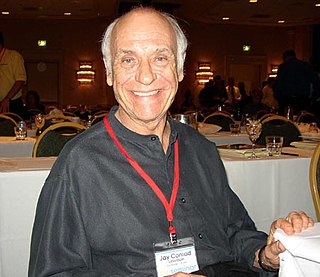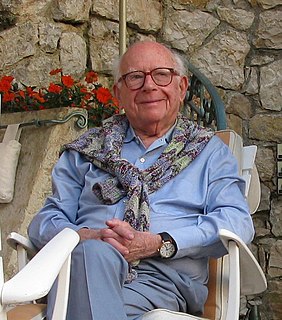A Quote by Jay Conrad Levinson
Marketing is every bit of contact your company has with anyone in the outside world. Every bit of contact. That means a lot of marketing opportunities. It does not mean investing a lot of money.
Related Quotes
When you're working on a game that has a budget of tens of millions of dollars and you have to sell millions and millions and millions of copies to break even, you have a lot more layers between you and the audience. You have a marketing department, and there's a different marketing department for every continent, and the parent company has stockholders, and all that kind of stuff.
I found marketing to be highly descriptive and prescriptive, without much of a foundation in deep research. I brought in economics, organization theory, mathematics, and social psychology in my first edition of Marketing Management in 1967. Today Marketing Management is in its 15th edition and remains the world's leading textbook on marketing in MBA programs. Subsequently, I wrote two more textbooks, Principles of Marketing and Marketing: an Introduction.
Every day, there are 770 million Cokes consumed, which means that there are 770 million purchasing decisions made each day regarding the product. To support those decisions, the company must constantly reinvest in its marketing links to its customers. As a result, a high level of creativity must go into everything the company does, from cause-related campaigns - Coca-Cola and its sponsorship of the Olympic Village in Atlanta, for example - to new catch phrases, commercials, marketing slogans, advertising campaigns and promotional tie-ins.
One thing the humanitarian world doesn't do well is marketing. As a journalist, I get pitched every day by companies that have new products. Meanwhile, you have issues like clean water, literacy for girls, female empowerment. People flinch at the idea of marketing these because marketing sounds like something only companies do.
Do not avoid contact with suffering or close your eyes before suffering. Do not lose awareness of the existence of suffering in the life of the world. Find ways to be with those who are suffering by all means, including personal contact and visits, images, sounds. By such means, awaken yourself and others to the reality of suffering in the world.
Arthur Hughes is one of the pioneers of modern database marketing. His new book, Strategic Database Marketing, Third Edition, contains the wisdom of twenty years of database marketing experience from scores of companies throughout the US. I can heartily endorse Arthur's book for anyone who wants to know the state of the art in database marketing today.





































